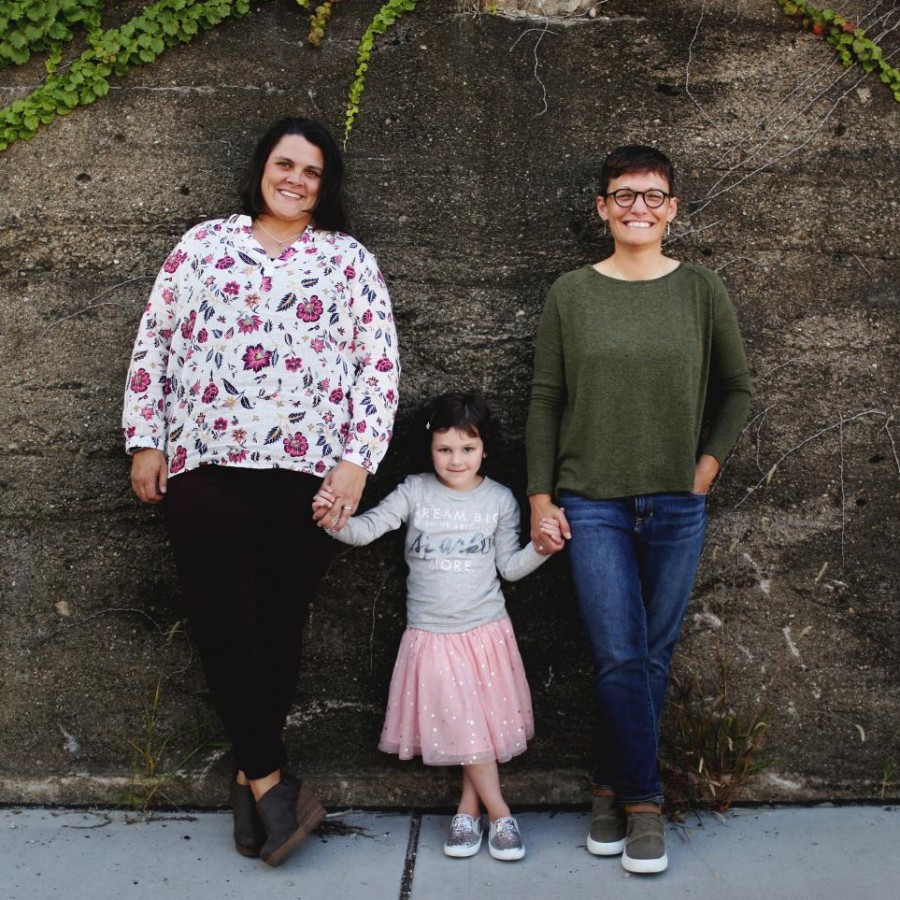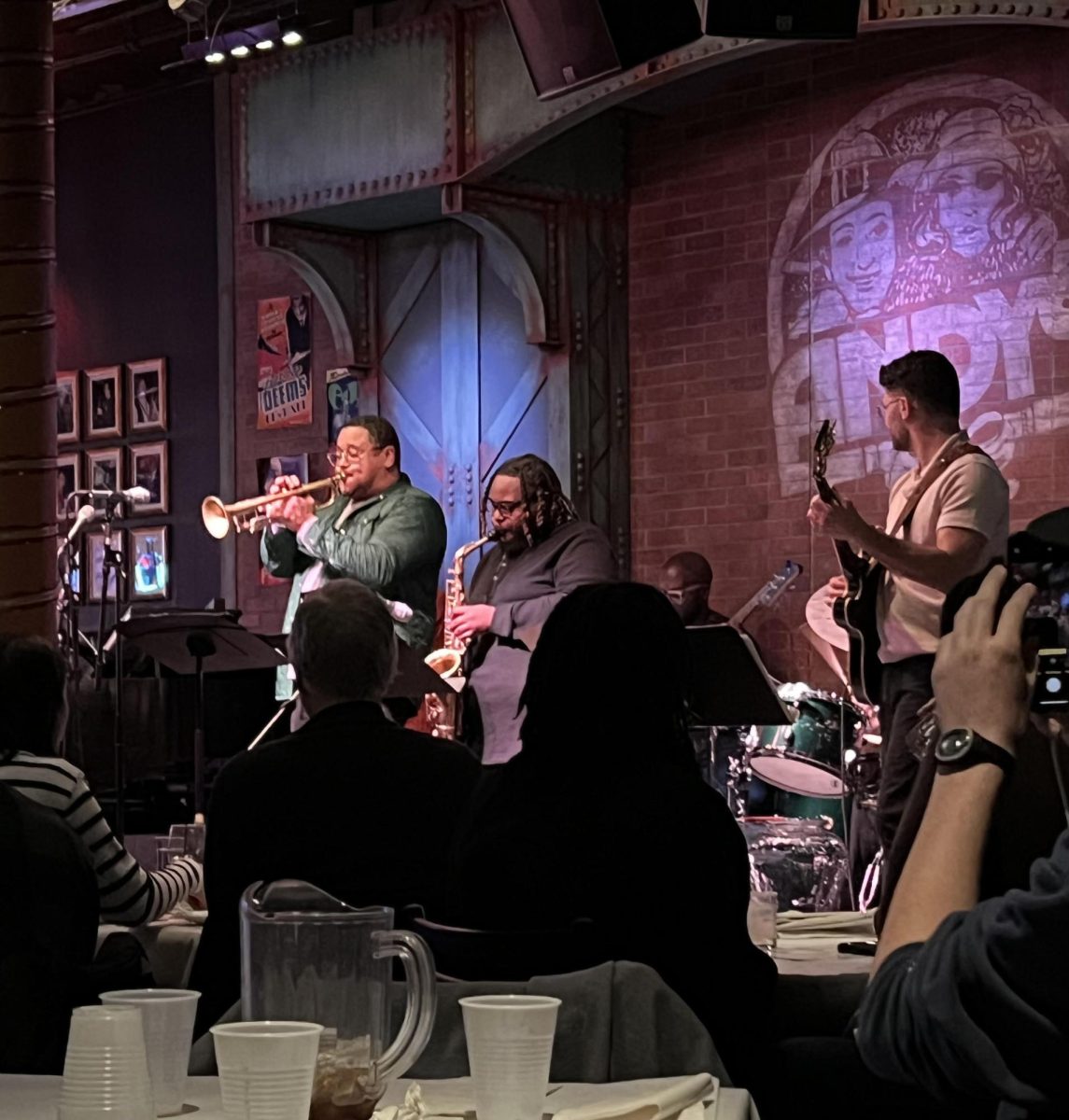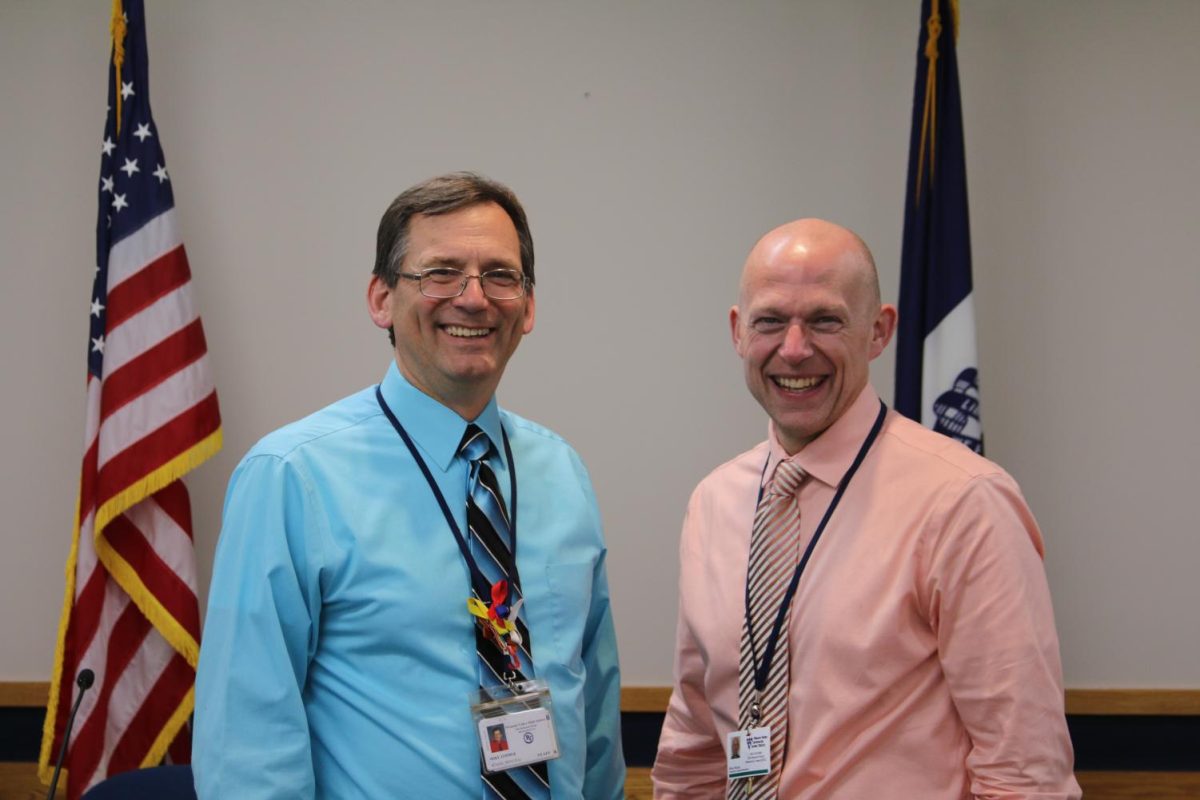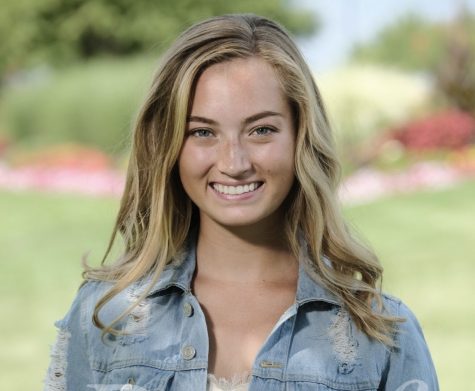Times seem uncertain for those who identify as a part of the LGBTQ community.
With two attempts to ban transgender people from the military and a proposition to reverse their recognition and rights, those affected are wondering what’s next from the Trump administration.
The LGBTQ community has made monumental strides in recent years towards the progression of human rights. One of the biggest victories came in 2013 when same-sex marriage was legalized throughout the United States. However, new administration has placed fear in this community, causing many to consider how long these laws, which could drastically change their lives, will stand.
Haley Wikoff, a 42-year-old Davenport resident, is married to Erin Wikoff. She shared her fears about these propositions and the drastic measures she has taken to feel secure in this changing climate. Soon after former Iowa Governor Terry Branstad was elected, Wikoff was married and fearing the new governor would become a threat to Iowa’s same-sex marriage laws.
In 2013, the Wikoffs welcomed a daughter to the family, whom Haley Wikoff carried.
Iowa laws currently state same-sex couples can both be listed as parents on the birth certificate, but many LGBTQ couples worry the future of such legislation may be in jeopardy. Wikoff and her partner are currently undergoing the expensive process of having the non-biological mother legally adopt her own daughter to guarantee her rights to the child under any circumstances.
The adoption process has been both tedious and emotional for the family. While the anonymous sperm donor already signed off his rights to the child, the documents are not legally binding. For legal documentation, Wikoff’s attorney has to post an ad in the local newspaper for two weeks, asking if there is a father who would like to step forward. Once the two weeks are up, the couple has to pay $2,500 for the termination of the potential father’s rights. Even then, the process is far from over.
Wikoff was saddened and outraged when discovering that a court-appointed official is to be selected as a guardian to the couple’s 5-year-old child. The chosen guardian will schedule a house visit to observe the family and ask the child about her non-biological mother. Only the guardian can speak on their daughter’s behalf when determining if the non-biological mother is an adequate parent.
As Wikoff stated, “I’m worried about the innocence of my daughter.” She emphasized she and her partner are the only parents her daughter has known, and she is worried she will be confused when strangers question a parent who has always been present, positive role model in her life. Wikoff is also uneasy about her daughter’s future. “I wonder,” she said, “what ignorance will she face because she has two moms?”
While Wikoff’s story is disheartening to many, she and her partner are just one of thousands of couples who feel their personal lives are under fire.
Looking at the big picture of LGBTQ rights in America, Wikoff empathizes with others who are finding themselves in this unique struggle. She argued, however, that differences can make society stronger rather than weaker, and that a person’s identity cannot be changed. She said, “You can’t erase the fact that human beings exist–humans are humans.”
Though no legislation has been passed yet, Wikoff urges people to consider the effects that changing laws may have on people who are seemingly safe. She hopes her daughter can grow up in a society where humans are accepted…no matter what.

















Evan K • Nov 2, 2018 at 8:11 am
Great Article!